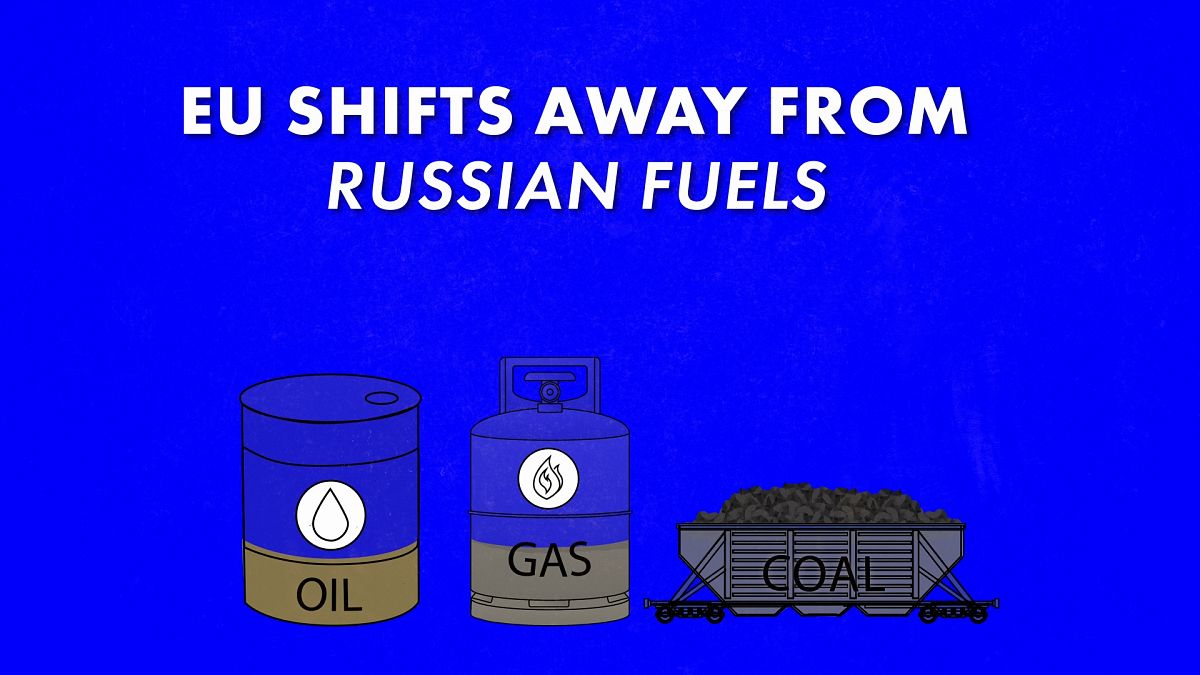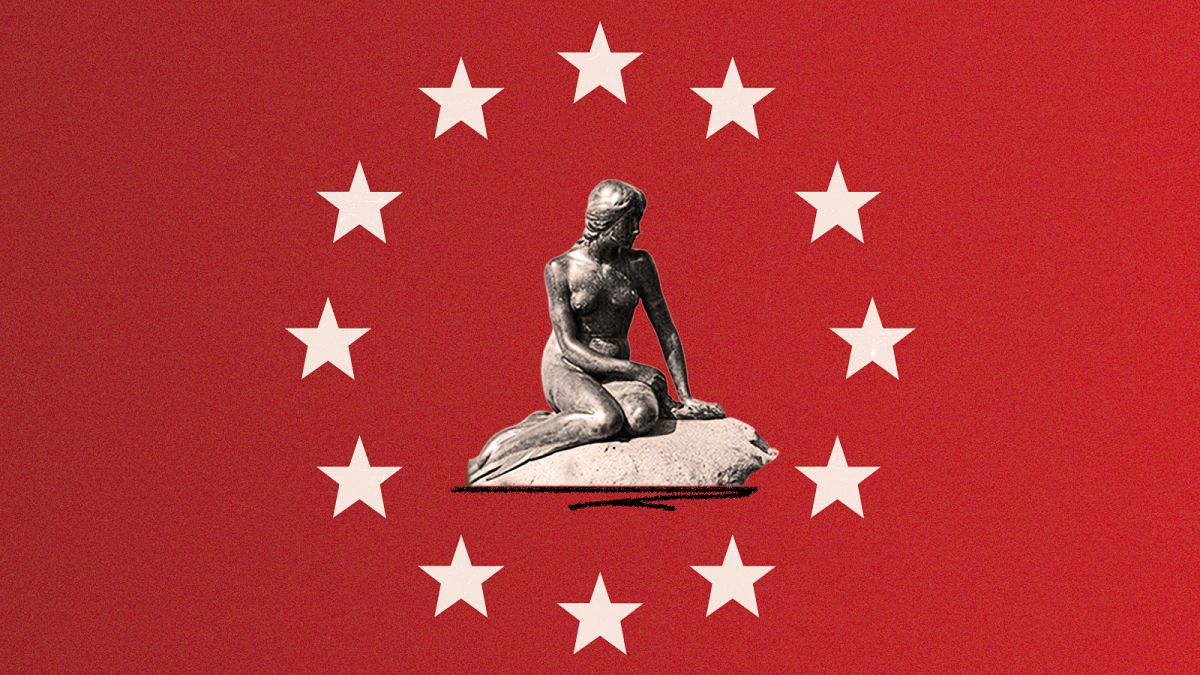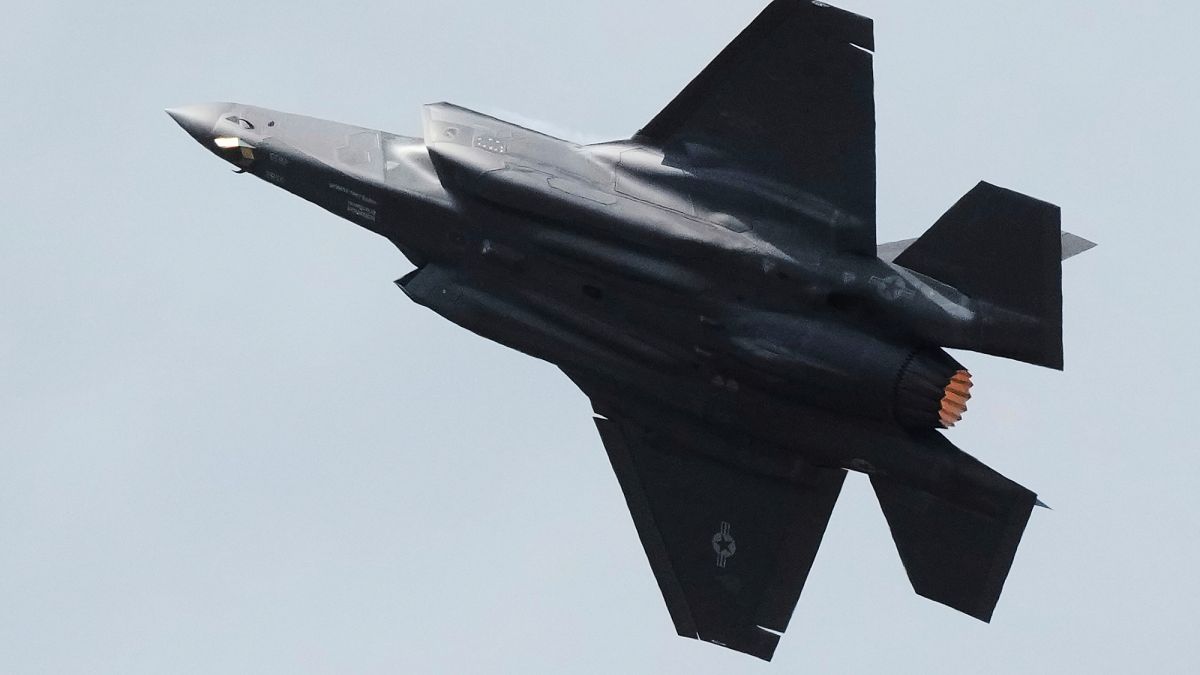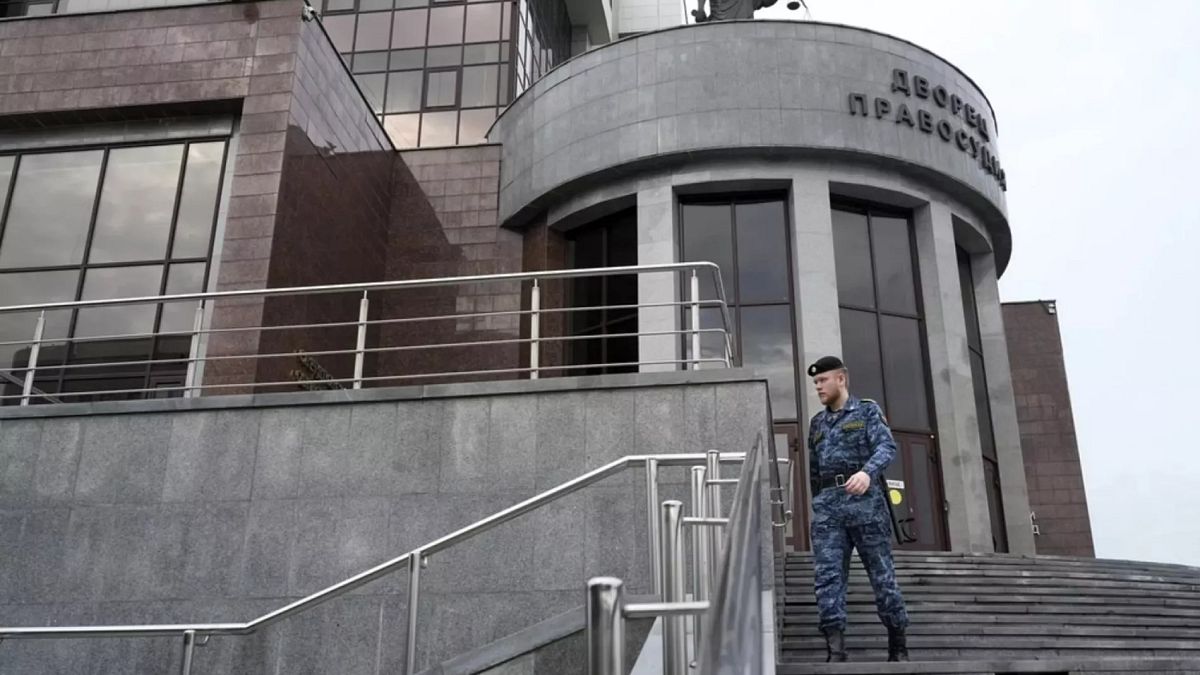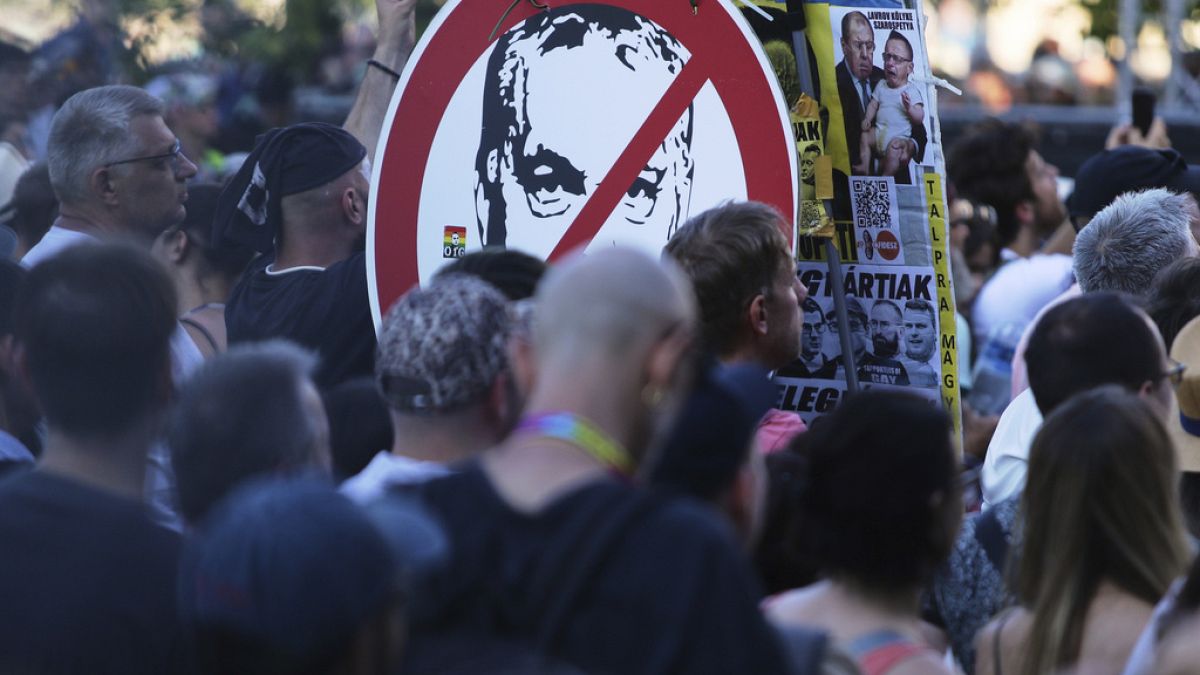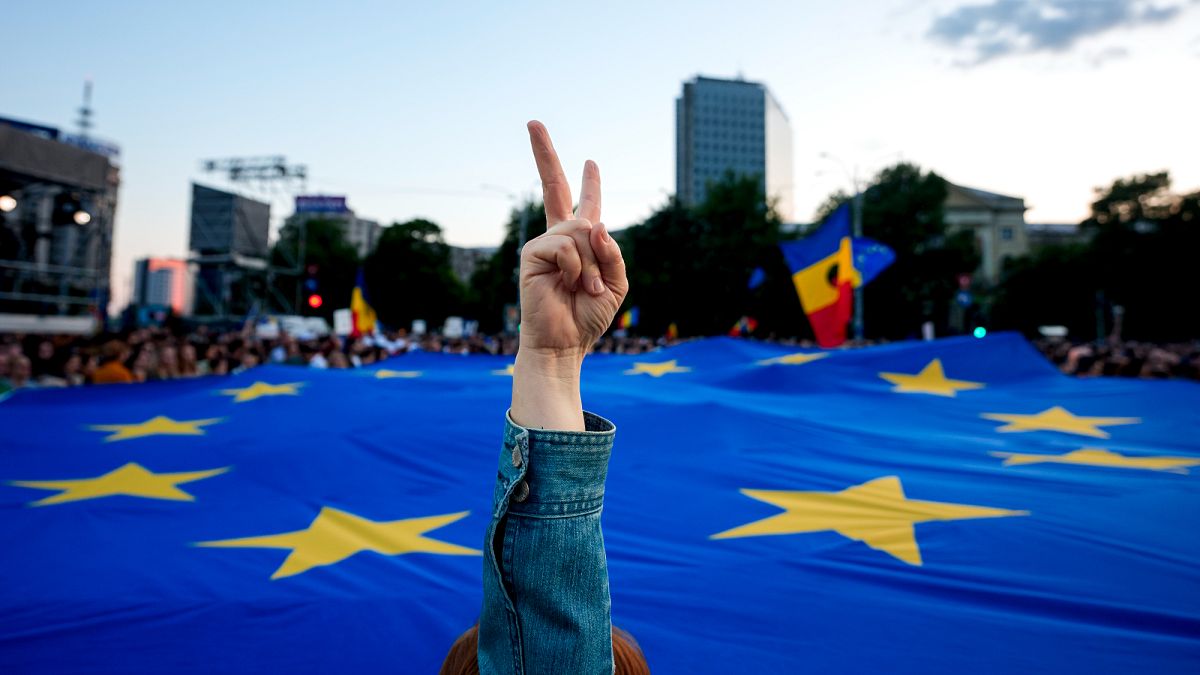Europe began to wean itself from its dependence on Russia after the full invasion of Ukraine in 2022, which led to a spike in energy prices.
Sanctions have led to significant cuts in imports over three years: oil fell from 27% in 2022 to 3% in 2025, gas fell from 45% to 19% in the same period and coal, which at the time accounted for 50% of EU consumption, stopped entering the EU altogether.
However, the EU continues to contribute significantly to Russia’s budget, with energy imports in 2024 bringing €23bn into Moscow’s coffers. The EU executive now wants to phase out all such imports by 2027, with measures set out in the RepowerEU Roadmap.
“The logic is to use trade and energy policies, which do not require a unanimous vote, as is the case with sanctions,” says Jorge Liboreiro, a Euronews reporter who has been following developments.
The bloc has been pursuing a strategy of diversifying its suppliers and importing more gas from the US could be an option. However, the current tariff antagonism with the US has made the EU wary of replacing one dependence with another.
“This is one of the traps we cannot fall into. Diversification and risk reduction means that we really need to have many more suppliers and not put all our eggs in one basket,” argues Svetelina Penkova, a Socialist MEP from Bulgaria and one of the vice-chairs of the Committee on Industry, Research and Energy (ITRE).
“I will give the example of a country that has been very receptive: Azerbaijan. It was the first to proactively offer additional supplies of natural gas and it also increased production to meet the growing demand from the EU,” she said.
Risks for companies and the role of nuclear
The roadmap proposes a ban on new short-term contracts for pipeline gas and LNG by the end of 2025 and a ban on imports of these gases under existing long-term contracts by the end of 2027. There will also be new restrictions to phase nuclear materials, such as enriched uranium.
Market analysts warn forcing companies to stop contracts for the import of fuels could lead to court disputes and high fines, but “the Commission says that companies can invoke the legal argument of force majeure,” says the Euronews reporter.
“This argument would allow a company to terminate the contract without suffering any penalty because there is a circumstance that is beyond its control,” he added.
The ITRE vice-chair thinks that the addition of nuclear energy to the mix could help with the phase out process too.
“A balanced energy mix means renewable energy sources and baseload energy. I am very happy that the climate towards nuclear energy in the EU is changing in a positive way because the Union should be investing in nuclear energy in the future”, MEP Penkova said.
Watch the video here!
Journalist: Isabel Marques da Silva
Content production: Pilar Montero López
Video production: Zacharia Vigneron
Graphism: Loredana Dumitru
Editorial coordination: Ana Lázaro Bosch and Jeremy Fleming-Jones






